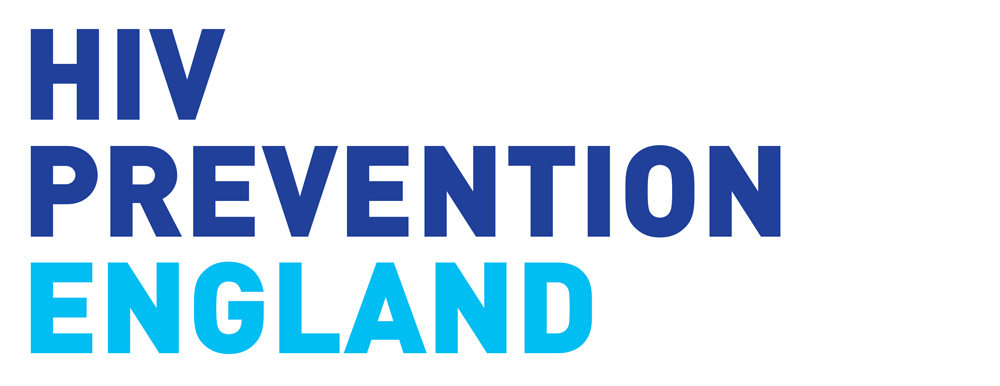Little is known about the sexual health needs and knowledge of trans and non-binary people making it challenging to design effective health promotion and clinical services for them. In November 2019, Terrence Higgins Trust conducted a survey in sexual health and HIV knowledge, attitudes and experience which aimed to address this.
Survey demographics
The survey was disseminated online via target advertising and through the charity’s social media channels. The survey captured experiences through quantitative and qualitative data. A total of 223 responses were collected, of which 208 were suitable for analysis.
Respondents could select multiple answers to how they described their gender. Most used more than one term or described it in multiple ways:
- 45% identified as non-binary
- 31% trans man
- 15% trans woman
- 56% genderqueer/fluid/non-conforming
- 16% other: trans masculine/masc, demigirl/boy, trans, neutrois, androgyne.
Nine individuals identified themselves as intersex. The age range of participants was 16 to 72. The majority of respondents described their ethnicity as White British (174).
Survey results
The survey identified a clear need to provide trans and non-binary people with sexual health information and raise awareness of the importance of testing for HIV and sexually transmitted infections (STIs):
- Almost half of respondents (96) had anal/vaginal/frontal sex without a condom in the last six months; 35 had never tested for HIV and 13 had tested over two years ago.
- Nearly half of all respondents (101) never tested for HIV.
- 33 respondents had had an STI other than HIV (16%).
Findings and recommendations for creating sexual health resources for trans and non-binary people
The survey results produced clear themes and actions to address and inform a sexual health resource for the community.
Language
- Should reflect thr range of gender identities and sexualities.
- Must use representative non-gendered language.
Terminology
- Must avoid gendered anatomical/medical vocabulary and phrases for body parts.
HIV transmission and treatment
A lack of knowledge was identified regarding routes (bodily fluids that might contain HIV), testing and HIV treatment.
- Promotion of regular testing, even if people consider their sexual practices are safe, using a ‘best to know your status’ approach.
- Ensure the community are aware of home testing options (self-sampling and self-testing kits) so that individuals know where to access test kits, their ease of use and reliability.
- A need to promote the effectiveness of HIV treatment, and Treatment as Prevention (TasP).
HIV Prevention: PrEP/PEP
There was an overall lack of awareness of these prevention technologies. Resources need to:
- Raise awareness of the difference between PrEP and PEP.
- Provide information on where to obtain PrEP and PEP.
- Provide the correct dosing requirements and methods of PrEP for trans individuals and individuals who have a vagina/front hole.
STIs
STI information should cover common STIs, how they are transmitted, their symptoms, and testing and treatment options.
Additional concerns identified in the research
Additional areas for consideration should include:
- Sex, drugs and alcohol.
- Consent, including sex and the law, and information and support for people to understand what appropriate sexual boundaries are and when a crime may have been committed against them so that they know how and where to report it.
- Signposting to relevant agencies, including trans-specific clinical and therapeutic services.
Improving access to sexual health services
Respondents gave a number of recommendations to improve access to sexual health services (SHS). Practical measures include ensuring that diverse gender options are available on forms and systems; displaying LGBT+ posters and materials in clinics so people are aware they are in a safe space; and creating gender-neutral waiting rooms.
The other key recommendations focused on training for SHS colleagues. Areas of focus identified included:
- Up-to-date and inclusive information regarding trans issues and LGBTI people.
- Address the impact of assumptions of patients being heterosexual, cisgender and/or non-intersex.
- Online training on trans issues available at gires.org.uk with modules for GPs etc.
- Respectful use of pronouns.
Key topics for inclusion in sexual health resources
As well as standard sexual health information tailored towards trans people, respondents wanted to see information on key subjects including: trans-specific clinics; raising awareness of consent; sex drive, sexuality and transition; body image and feeling good about yourself; transition and relationships; hormone treatments; contraception, fertility and pregnancy; safer sex; and upper and lower surgery.
Other areas suggested included: mental health and sex; sex and dysphoria; prevention with trans genitalia; HIV treatment interactions with hormones; cervical screening; sexual health information for women who have sex with women.
New resources
Trans and non-binary people co-produced and feature in the new online resource and information leaflet. Ensuring the resource is trusted and represents the diversity within the trans community is key to its success.
Celebrating and reflecting the diversity within the trans community, it features eight trans and non-binary people from different cultural backgrounds with different body types and identities.
The new health information is directed to the needs of trans, non-binary and gender-diverse people and provides up-to-date HIV, sexual health and contraception information and advice. This includes the impact of hormones and surgery, considerations when taking HIV prevention pill PrEP and how to navigate happy, healthy sex.
Visit Terrence Higgins Trust’s new trans-specific sexual health pages.


